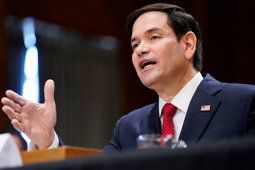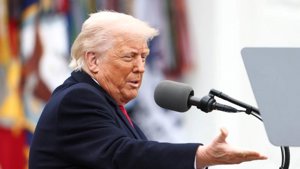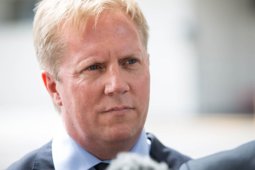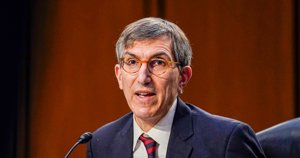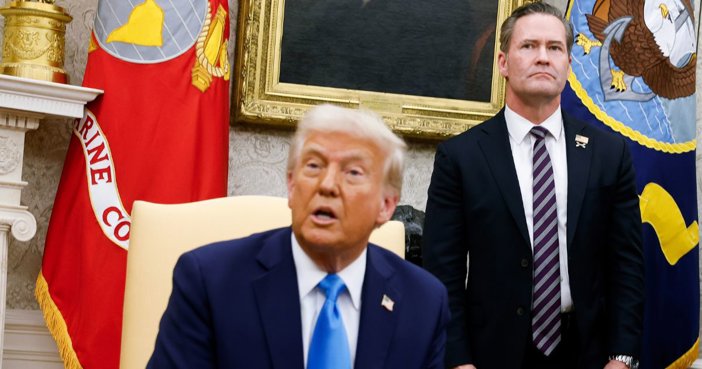
Trump: Waltz Didn’t Add Goldberg to Chat
United States President Donald Trump has stated that National Security Advisor Mike Waltz was not responsible for adding The Atlantic’s editor-in-chief Jeffrey Goldberg to a Signal chat where top-level U.S. officials discussed military operations against the Houthi movement in Yemen. Instead, Trump revealed that the invitation was sent by one of Waltz’s colleagues—described as a lower-level staff member who had Goldberg’s contact details.
“It wasn’t Waltz. It was somebody working with him, someone who had Goldberg’s number,” Trump said, attempting to clear up confusion over how the journalist became part of a sensitive group chat involving national security discussions.
The revelation came during a recent interview, where the president continued to downplay the implications of the incident. He stated he was not worried about the discussions that took place in the chat and reiterated that no classified information was shared.
The chat, which drew media attention after Goldberg reported being added to it, was said to have involved conversations about U.S. strikes on Houthi targets in Yemen. The Atlantic’s report sparked debate over the use of informal communication platforms like Signal for matters of national security, particularly when unintended participants are included.
In the same interview, Trump took the opportunity to criticise both Goldberg and The Atlantic, reiterating his long-standing disapproval of the publication and its editorial stance. He described Goldberg as an unreliable reporter and questioned the motives behind his coverage of the incident.
The administration has maintained that no sensitive or classified content was compromised and that the chat’s contents did not impact military operations, which were executed successfully. Nevertheless, the event has triggered internal reviews and raised questions about how digital access and permissions are managed within high-level government channels.
The situation underscores the importance of rigorous security protocols, even within encrypted messaging platforms, to prevent potential breaches—whether accidental or deliberate. It also highlights ongoing tensions between the Trump administration and the media regarding the handling of government information and journalistic oversight.

